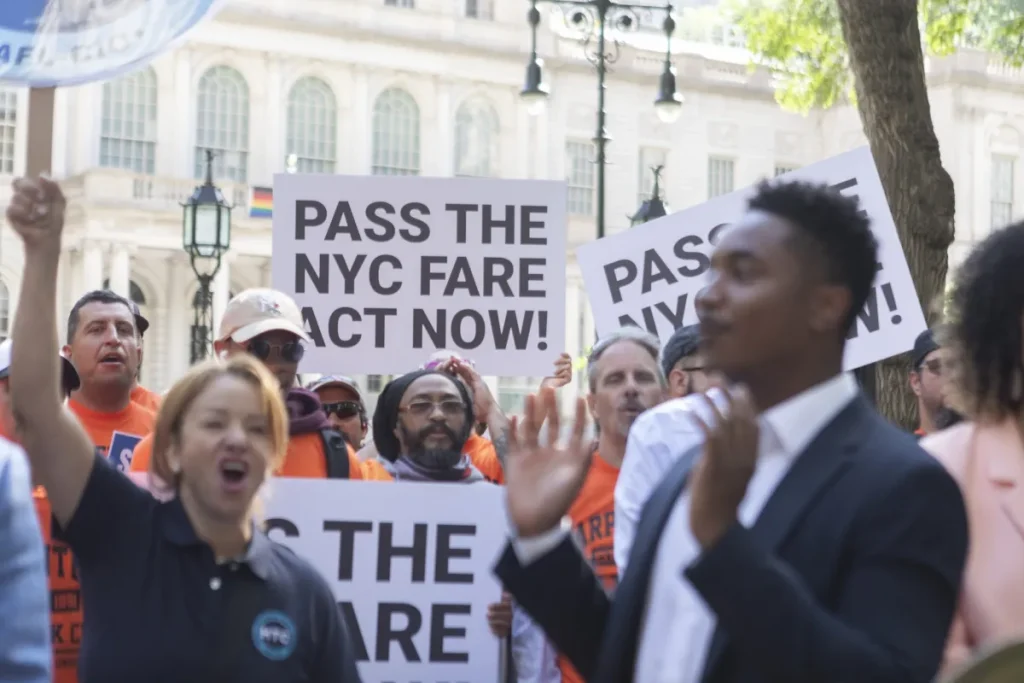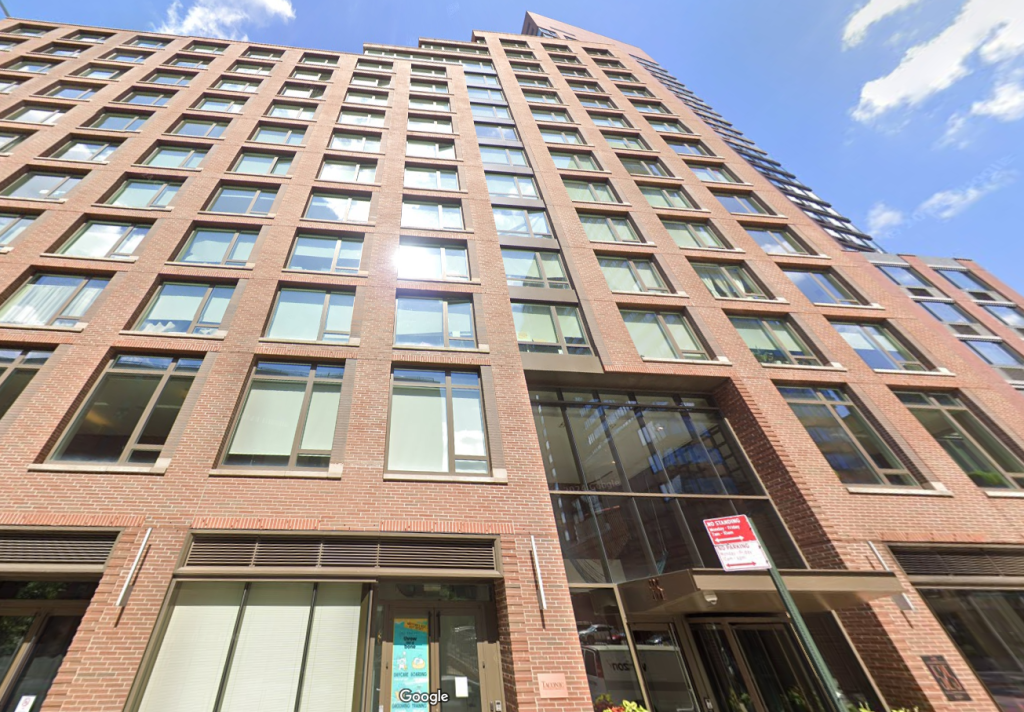HDFC Cooperative Apartments for Sale in New York City
HDFC Cooperative Apartments for Sale in New York City
By Manhattan Real Estate Tracker, September 20, 2025

Image from Google
The City of New York bought several residential buildings in the 1970s and 1980s that had been abandoned by their landlords and suffered from financial problems. The New York City Housing Preservation and Development agency (HPD) restored parts of these buildings and gradually allowed tenants to purchase their apartments and become shareholders in limited-equity cooperatives known as Housing Development Fund Corporation cooperatives (HDFC coops). More recently, the City has funded and granted tax breaks for the new building, repair, and stabilization of HDFC cooperatives. Today, there are over 1,100 HDFC cooperatives that make up a large portion of New York City’s affordable housing inventory. HDFC cooperatives benefit from lower real estate taxes in exchange for income and resale limits, among other governance constraints.
Cooperatives are a unique type of housing ownership that differs from condominiums, single-family homes, and renting. Owners of cooperative apartments are referred to as “shareholders” since they buy shares in a cooperative business that owns real estate. HDFC cooperatives are incorporated under the New York State Business Corporation Law and Article XI of the New York State Private Housing Finance Law (Article XI), and they are overseen by HPD. In HDFC cooperatives, all shareholders own a same number of shares, regardless of apartment size. Shareholders elect a Board of Directors to make decisions for the cooperative. Typically, a cooperative Board of Directors is chosen on an annual basis.
Most HDFC coop flats for sale are listed, like other coops in the city, by shareholders or the coop’s Board of Directors via brokers and real estate websites. They are sometimes advertised by non-profit groups. Some HDFC coops are featured on the City’s affordable housing lottery system, NYC Housing Connect. The purchasers of HDFC apartments must meet specific legal requirements, including any papers signed by the cooperative with a governmental body and the cooperative’s governing documents. Shareholders and purchasers should always study an HDFC coop’s documentation to confirm the property’s restrictions, and they may wish to consult a lawyer.
More information on HDFC cooperatives can be found here. Streeteasy.com and other local residential sites provides listings of available apartments in the HDFC program.





